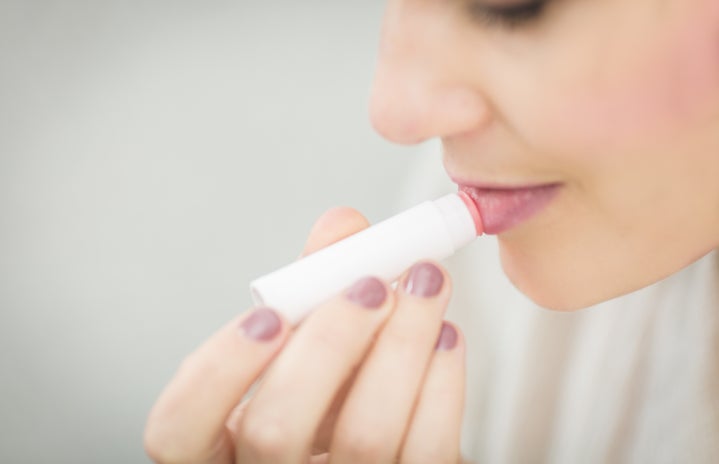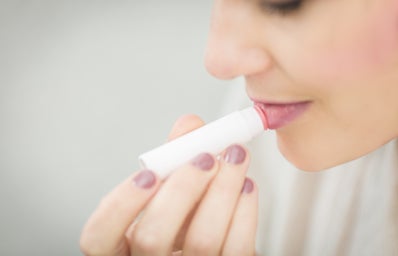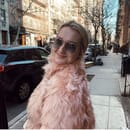Makeup is a fun way to express yourself, and trying out different brands and products can become addicting (in the best way). However, research shows that not all beauty products are as beautiful as they seem. The average woman who wears makeup daily absorbs a whopping five pounds of makeup chemicals every year. Some of these chemicals are known to be damaging– and even deadly.
Surprisingly, the products we put on our skin daily are lightly regulated, and cosmetic brands do not need approval by the Food and Drug Administration (FDA). Companies are not even required to report concerns to the FDA. There are 30 chemicals currently banned in the United States. The European Union has banned 1,328.
When a product has “fragrance” in the listed ingredients, there is a possibility that it contains thousands of chemicals, and the company is not required to list what exactly is in it. This is the only ingredient that gets to hide what it really is, but there are many other ingredients in products that are potentially dangerous.
Here are a few chemicals used in cosmetics that are “safe” in the USA, but banned in other countries.
Parabens
These preservatives are found in almost every cosmetic product: foundation, anti-aging cream, lotion, skin cream– you name it. Because it is a cheaply produced and an effective ingredient, it is very common. However, studies show that parabens may be linked to skin cancer and breast tumors.
Phthalates
The FDA is currently monitoring this group of chemicals after recent claims that it can cause birth defects, hormonal complications in men and women and possibly cancer. Phthalates are often found in nail polish, hair care, skincare and fragrances. Burt’s Bees, Afterglow Cosmetics and Juice Beauty are great phthalates and paraben-free companies!
Hydroquinone
Found in skincare, hydroquinone is banned in Europe, Japan and all over the world. A study in Europe has found that heavy use of hydroquinone links to cancer. Since it is cytotoxic, it kills cells and chromosomes if it is overused. Indie Lee’s Brightening Cleanser will give you clean, bright skin without hydroquinone.
Formaldehyde
A lot of times, companies will use a very small amount of formaldehyde in products like nail polish, shampoo, eyelash glue and hair gels to avoid listing it on the list of ingredients. A lot of times, companies refer to formaldehyde as DMDM hydantoin, imidazolidine urea and more to disguise the chemical. Formaldehyde is used to prolong shelf life but is also proven to be a skin-sensitizer and an allergen. One can be exposed to formaldehyde with gas stoves, vehicle exhaust and cigarette smoke, and the additional exposure in cosmetic problems may cause future implications, possibly including cancer. BeautyCounter and Credo are both formaldehyde free brands
Petroleum Distillates
Found in a lot of mascaras, petroleum distillates are produced in oil refineries– along with automobile fuel and heating oil. While it is used in products because it is inexpensive, it very well may cause contact dermatitis and cancer. LashFood’s Ultra-Rich Volumizing Mascara is a clean and safe alternative.
Next time you are shopping for beauty products, make sure you read the ingredient label. Not all products include these harmful ingredients, and as more studies and research have been done, a lot of brands have changed what they put into their products. While some chemicals are not proven to be direct causes for cancer and other implications, it is important to be aware of the potential risks before it is too late.
Check out Clean by Sephora for more products (both skincare and makeup) that are free of these harmful chemicals and more!


